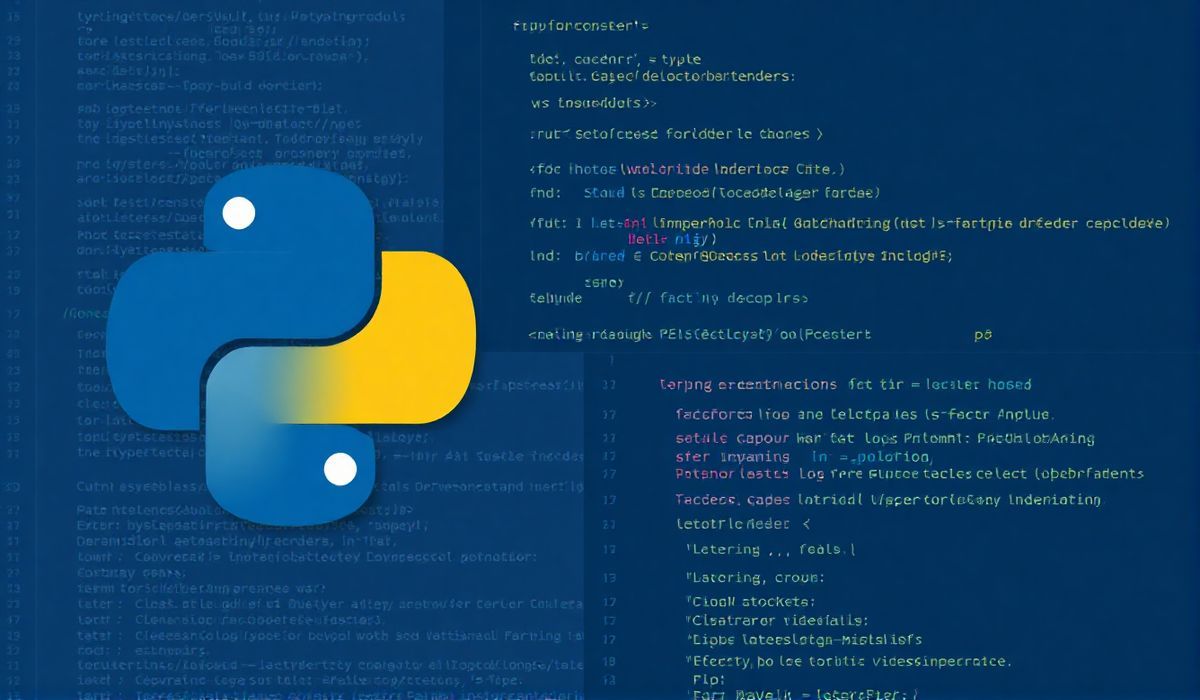Advanced Logger: A Comprehensive Guide for Enhanced Logging Experience
Logging is an essential part of understanding the behavior of an application. With advanced-logger, you get a robust set of tools that streamline this process. This guide will introduce numerous APIs from advanced-logger, complete with code snippets, to elevate your logging experience.
Introduction to advanced-logger
The advanced-logger library provides a versatile logging mechanism with high configurability and advanced features. Whether you’re developing a small-scale application or a large enterprise system, advanced-logger ensures that your logging needs are met efficiently.
API Overview and Code Snippets
1. Basic Configuration
Setting up a basic logger is straightforward with advanced-logger:
import logging from advanced_logger import AdvancedLogger
logger = AdvancedLogger(__name__) logger.info("This is an info message.")
2. Logging with Levels
Advanced-logger supports multiple logging levels such as DEBUG, INFO, WARNING, ERROR, and CRITICAL:
logger.debug("Debug message.") logger.warning("Warning message.") logger.error("Error message.") logger.critical("Critical message.")
3. Formatting Log Messages
Advanced-logger allows custom formatting of logging messages:
formatter = logging.Formatter('%(asctime)s - %(name)s - %(levelname)s - %(message)s') logger.setFormatter(formatter)
4. Adding Handlers
You can add multiple handlers like FileHandler or StreamHandler to direct logs to different destinations:
file_handler = logging.FileHandler('app.log') stream_handler = logging.StreamHandler()
logger.addHandler(file_handler) logger.addHandler(stream_handler)
5. Custom Filters
The library enables implementing custom filters to control which log records to process:
class CustomFilter(logging.Filter):
def filter(self, record):
return 'special' in record.msg
my_filter = CustomFilter() logger.addFilter(my_filter)
6. Contextual Log Information
Add contextual information to your logs:
logger.addContext({'user': 'admin', 'location': 'server1'}) logger.info("Administrative action performed.")
7. Asynchronous Logging
For performance needs, asynchronous logging can be configured:
logger.configure(async_mode=True) logger.info("This log message is processed asynchronously.")
Example Application with advanced-logger
Below is a sample application demonstrating the use of several advanced-logger features covered in this guide:
from advanced_logger import AdvancedLogger
logger = AdvancedLogger(__name__) logger.addHandler(logging.StreamHandler()) formatter = logging.Formatter('%(asctime)s - %(name)s - %(levelname)s - %(message)s') logger.setFormatter(formatter)
class CustomFilter(logging.Filter):
def filter(self, record):
return 'special' in record.msg
logger.addFilter(CustomFilter()) logger.configure(async_mode=True) logger.addContext({'user': 'admin', 'location': 'server1'})
def application_logic():
logger.debug("Starting application logic.")
logger.info("Performing an important operation.")
logger.warning("Something may be wrong.")
logger.error("An error occurred.")
logger.critical("Critical failure!")
if __name__ == "__main__":
application_logic()
Hash: 2a3a4bb6cf0dab6e88846bfd80bb52ea6b6d1e6a9ac8cf43adbceb15cf25a6d0




